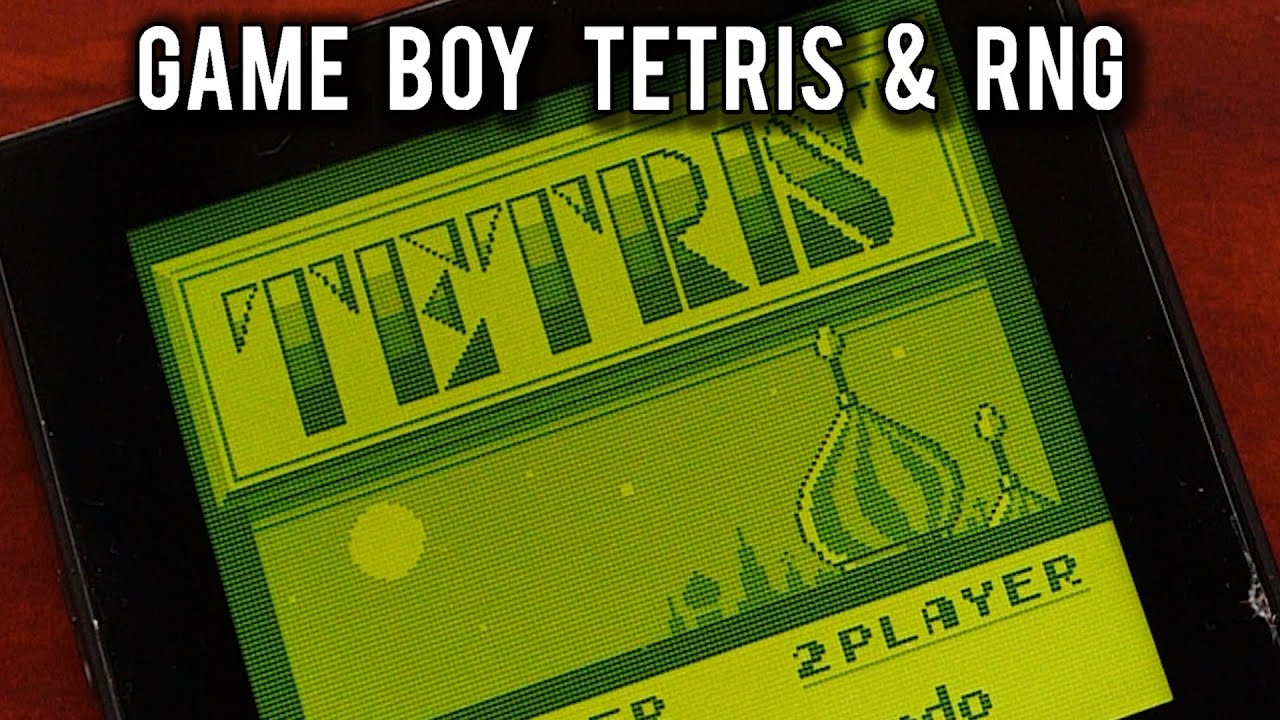I finally got around to registering this domain in 2018 and put up a placeholder page
https://churchofrngesus.com/
I’d like to brainstorm some ideas of what to put on the page… and you guys humans have (mostly) good ideas!
-
philosophy of randomness, for example, when dice are contraband, God as an inveterate gambler, how to statistically test something as truly random, the history of random numbers, and so on.
-
enumerating all the “perfect” geometric random dice shapes of which there are only a few, plus the insane Zocchihedron.
-
examples of ways people test for randomness, including custom dice rolling machines, that trick with the way numbers can’t end in certain digits too often, etc
-
t-shirts? stickers? custom DM screen foldout? custom playmats? cardsleeves? dice rolling towers?
-
technical programmery info on types of random number generators, their strengths and weaknesses?
-
some recommended prayers for people to recite before going into a random situation, which is of course … every situation
-
links to Amazon’s and Etsy’s copious (seriously, go look) bags of dice, which can be sold – with generous amazon referrals, naturally* – as offerings to RNGesus.
-
a nice 3D browser rendered die rolling simulator?
-
sources of high quality random data? practical physical ways to source actual random data seeds, etc.
-
User-submitted stories of RNG giving and taking away? Or just famous stories of people (programmers / companies) getting RNG wrong. (Not sure I want to deal with user commenting, I am thinking this will be more of an old-school static HTML site.)
(I’ve already asked a designer friend of mine to assist with basic HTML and CSS layout – and I have some famous internet humorists on board, whose names I cannot mention under penalty of death, to flesh out the copy – so don’t worry about design or copywriting, mostly I need links and basic ideas  )
)
What else? Got any “random” ideas? PRAISE THE GLORIOUS HAND OF RNGESUS!
* I was thinking all RNGesus profits (if any) could be donated to a suitably “random” charity?
2 Likes
Also this is a funny example of RNGesus in action
2 Likes
Top level navigiaton, based on the first post, I’m thinking
-
History – the history of dice and randomness in general
-
Testing – how do you tell if something is truly random?
-
Merch – t-shirts, stickers, dice packs, dice rolling towers, everything
-
Coding – how do you code randomness properly as a programmer
-
Prayers – invocations to RNGesus to get those natural 20s
-
Randomness – give me random data of various types
-
Tales – tales of randomness gone wrong (or right), ideally the more famous and high profile the better
This could be in any order but each page should be fleshed out.
1 Like
Also, these .. insane .. dice
1 Like
you humans → ye
Death to randomness and luck! This (churches and randomness) kind of goes agains everything I believe in, not that I don’t enjoy roguelikes, but as a ultrafinitist who wants to overcome entropy/heat death with Poincaré recursion/ergodicity I avoid unneeded arbitrary intrigue for its own sake. Also randomness doesn’t help me win.
However if you’re a RNG zealot (sadomasochist) I can suggest the algorithm take the least significant digit of the CPU’s temperature sensor reading.
I think that trick with the digit ending distribution is called Benford’s law or the corollary that the last digits are most uniform…
I think I saw the zocchihedron about 25 years ago in Things You Never Knew Existed… I had wondered how 100 faces could fit uniformly around a ball when 50 and 49 weren’t multiples of 6 or 4. But now that I think about it the icosahedron has 10 on each half, a multiple of 5, and 10 is a triangular number so that there could be 5 10s of faces each. You can’t really cheat with a zocchihedron, unlike a cube where you can simply roll on or off the 1-6 belt to eliminate 20 permutations in craps.
I loved the episodes of Press Your Luck where that one guy memorized the lit patterns so that he could land on the big money + extra spin every time. Even in the new randomized game there seems to be a small window of time between square lihtings that the plunger could be deterministicly depressed, if only the contestant would shut up.
2 Likes
Yes, that’s another great example of where the “random” algorithm got gamed!
1 Like
Much faster random number generation, with a simple laser:
https://www.nature.com/articles/d41586-021-00562-6
Researchers have built the fastest random-number generator ever made, using a simple laser. It exploits fluctuations in the intensity of light to generate randomness — a coveted resource in applications such as data encryption and scientific simulations — and could lead to devices that are small enough to fit on a single computer chip.
True randomness is surprisingly difficult to come by. Algorithms in conventional computers can produce sequences of numbers that seem random at first, but over time these tend to display patterns. This makes them at least partially predictable, and therefore vulnerable to being decoded.
1 Like
Cool video on sources of randomness!
1 Like
I have put this on the backburner for now… but I’d love to move forward with it if someone has the initiative to write copy and help lay out the website, etc. 
1 Like
Super interesting discussion of how RNG was critical for Tetris on the Gameboy, but the hardware had very little support for any proper RNG (notably a clock?)
1 Like
 )
)


